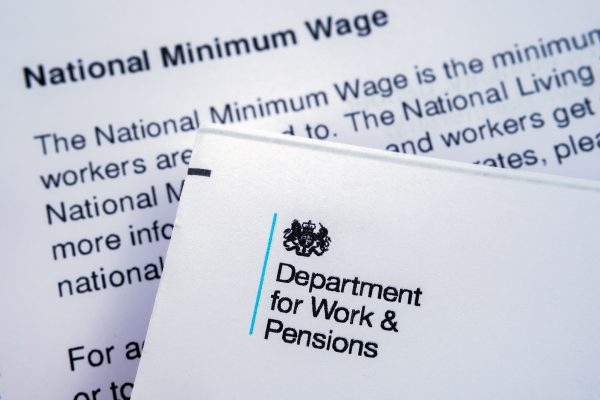Author: Dennis Chapman
Published: November 26, 2012
Reading time: 1 minute
This article is 13 years old.
Read our disclaimer keyboard_arrow_down
This website content is intended as a general guide to law as it applies to the motor trade. Lawgistics has taken every effort to ensure that the contents are as accurate and up to date as at the date of first publication.
The laws and opinions expressed within this website may be varied as the law develops. As such we cannot accept liability for or the consequence of, any change of law, or official guidelines since publication or any misuse of the information provided.
The opinions in this website are based upon the experience of the authors and it must be recognised that only the courts and recognised tribunals can interpret the law with authority.
Examples given within the website are based on the experience of the authors and centre upon issues that commonly give rise to disputes. Each situation in practice will be different and may comprise several points commented upon.
If you have any doubt about the correct legal position you should seek further legal advice from Lawgistics or a suitably qualified solicitor. We cannot accept liability for your failure to take professional advice where it should reasonably be sought by a prudent person.
All characters are fictitious and should not be taken as referring to any person living or dead.
Use of this website shall be considered acceptance of the terms of the disclaimer presented above.
Should employees receive only their basic wage when taking annual leave, or should they also be paid performance related bonus/additional supplements that they would be paid but for their annual leave?
It was ruled in the recent case of British Airways plc V Williams and Others (No 2) it was held that payments, that are an intrinsic part of the employees contract of employment, should be paid to employees during annual leave.
Therefore any bonuses or additional payments that are in the employees contract, remain payable during annual leave. The case also went further to state that ‘normal remuneration’ will also include payments that are intrinsically linked to the employee performing their contractual duties.









